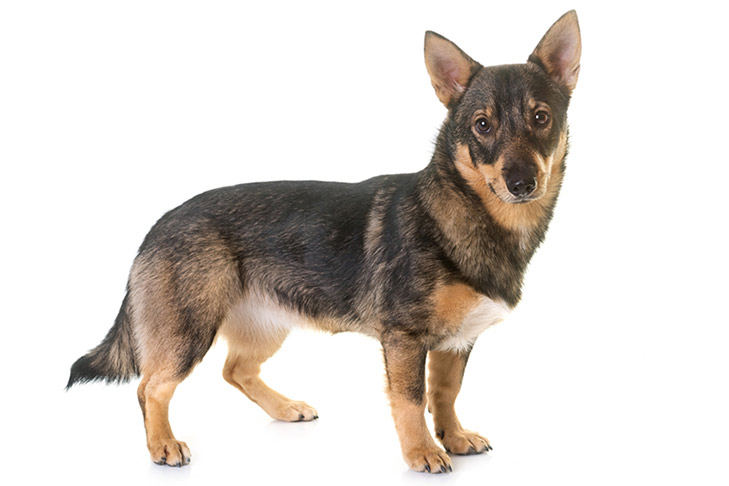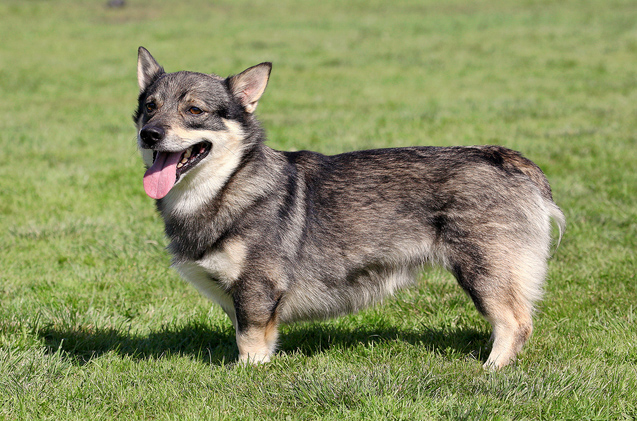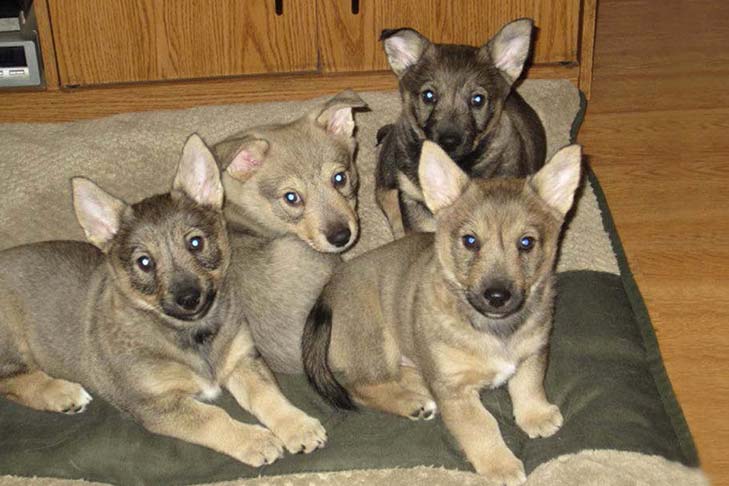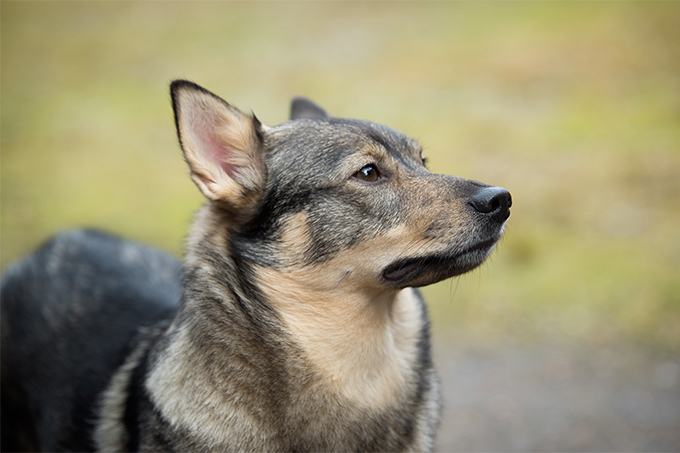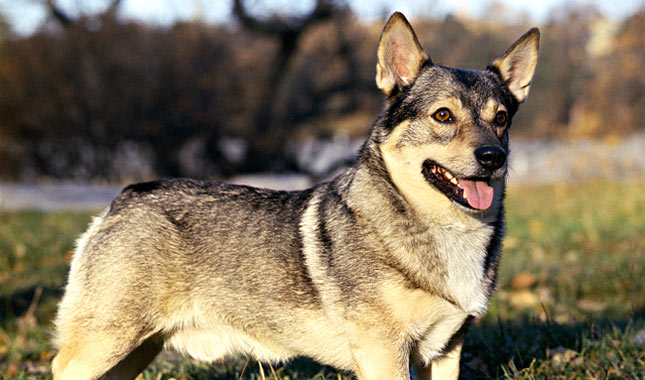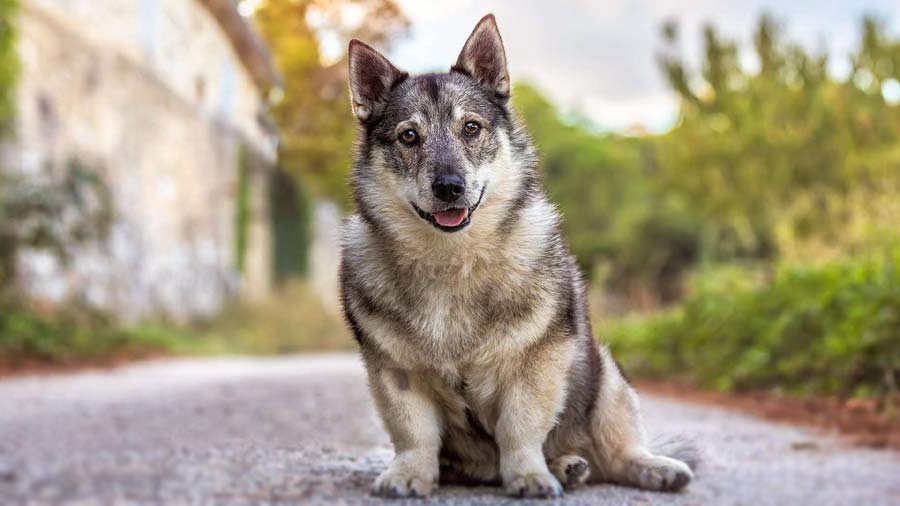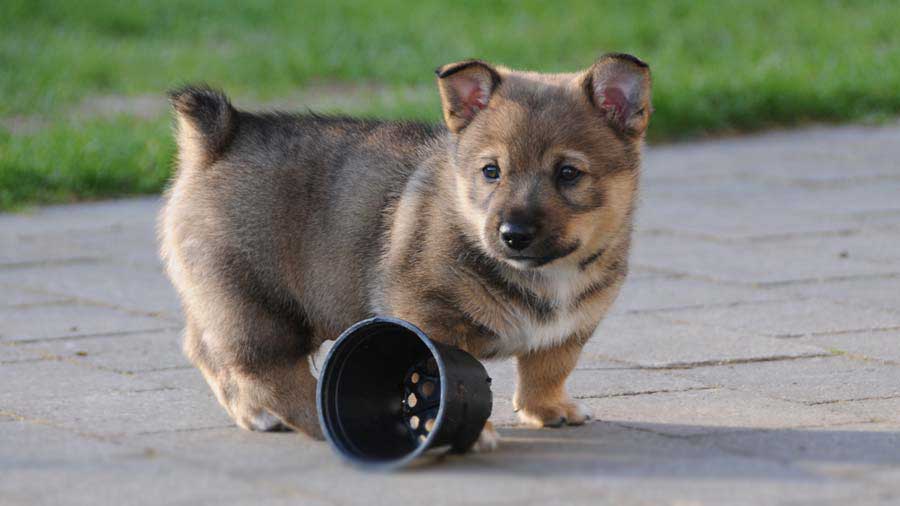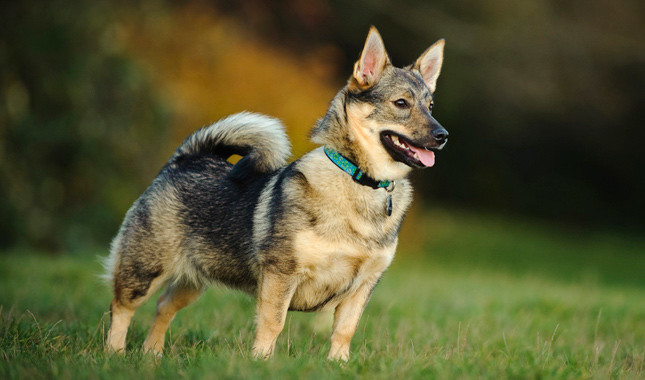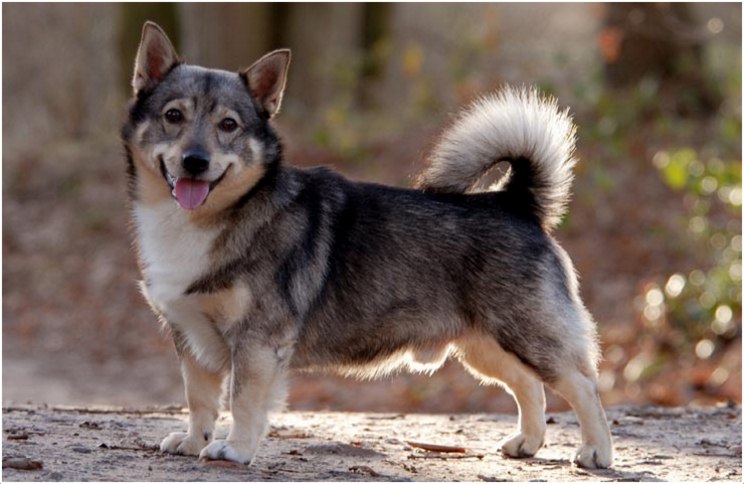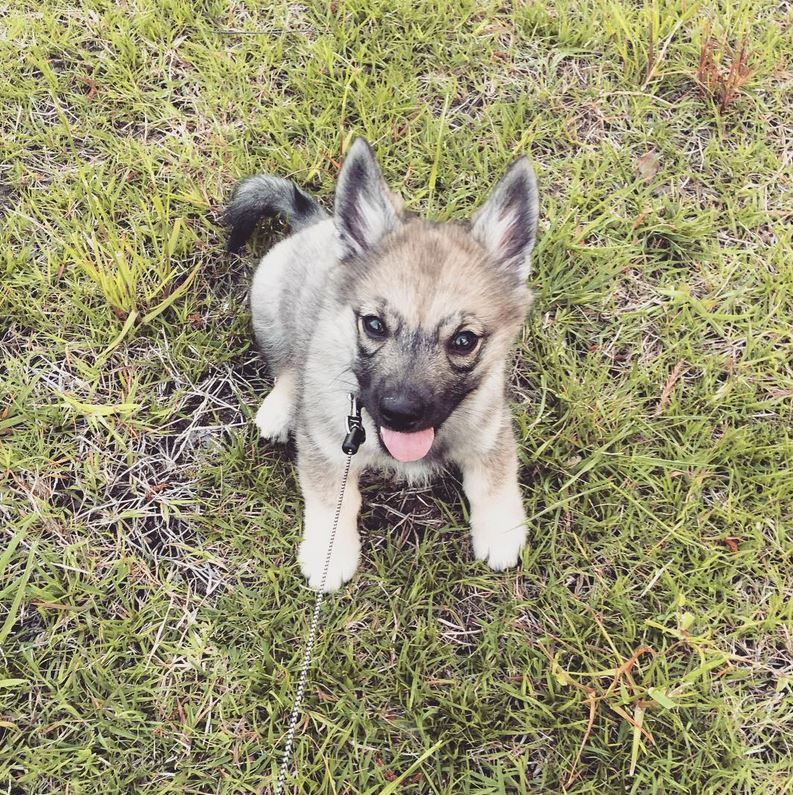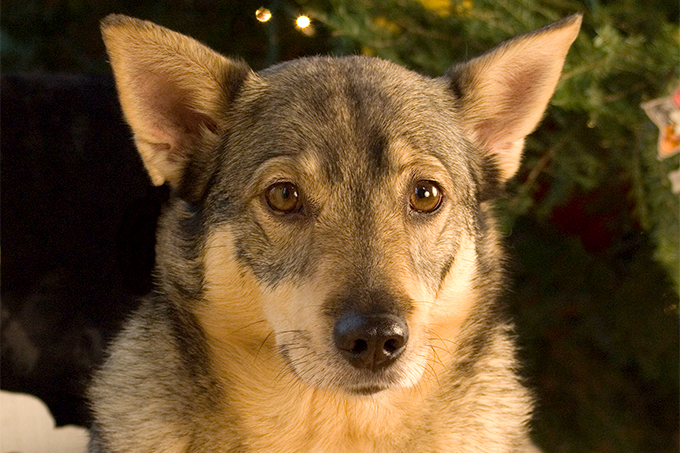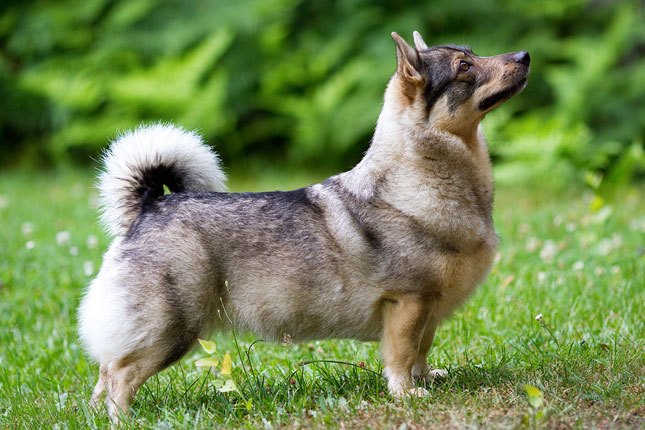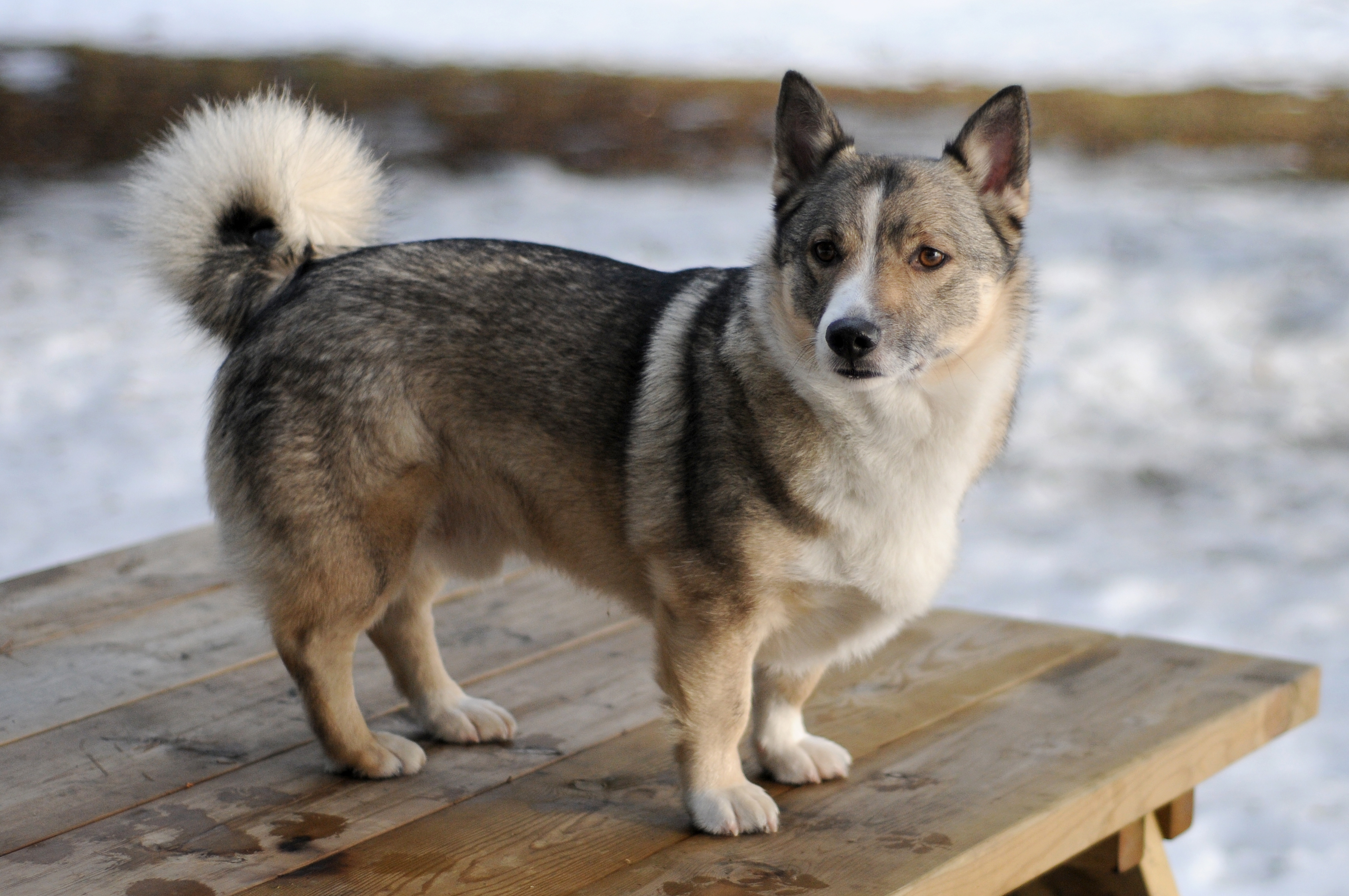Swedish Vallhund
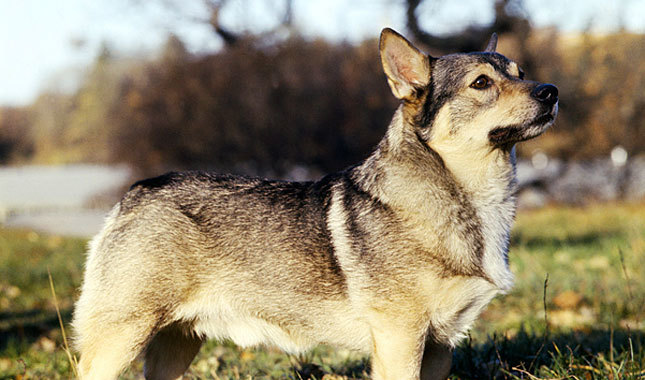
Overview
The Swedish Vallhund is an old dog breed, dating back to the 8th/9th century and comes from Sweden. He formerly served as a herding dog and performed other tasks for the landowner. He almost became extinct in 1942, but Swedish authorities saved him.
Temperament and personality
Swedish Vallhunds are usually energetic and friendly. They still retain some instincts from their days as herding dogs; they can sometimes nip at children's ankles to make them move. If you see this behaviour make sure to discourage it, so it doesn't stick.
They usually do well with guests and other animals, but they need strict training. They can also bark a lot, if not trained. Being an active breed, they also need daily movement and attention. They can become destructive and noisy if ignored.
It's also essential to make sure your dog comes into contact with people and animals as early as possible. Otherwise, he may have problems socializing and become either aggressive or shy.
Lifespan
The Swedish Vallhund usually lives between 12-14 years. He often enjoys good health, but can be subject to retinopathy, an eye disease that can lead to blindness. When buying puppies make sure, their parents are free of his dysplasia and eye problems.
Appearance and shedding
Swedish Vallhunds are medium-sized dogs. They have a beautiful coat that is a little harsh on top, but their undercoat is soft and pleasant to touch. Unfortunately, they shed a lot and require frequent grooming, at least once a week. For optimal health, they also need to have their teeth brushed regularly.
Training
The Swedish Vallhund needs regular training. He needs to learn discipline; otherwise, he can become unruly and noisy. Responsible practice will pay off. He won't bark as much and will act better around strangers and animals.
Thanks to his history as a herding dog, training comes easily to him. He needs firm treatment, though; otherwise, he may not behave.
Overview
The litter size of a Swedish Vallhund is usually around 4-8 puppies. Buying a puppy from a breeder can be very expensive, generally between $800 - $2200. The high price is partly due to him coming close to extinction in 1942. Adopting a puppy is often cheaper, but adopted puppies may not always be purebred.
When choosing a puppy, it is crucial to make sure he is healthy and was adequately socialized and kept in the right environment. Purebred puppies should also have the proper documents, and their parents should ideally be free from disease.
Breed Information
| Popularity: | 2018: #149 2017: #149 2016: #163 2015: #155 |
| Origin: | Sweden |
| Breed Group: | Herding (AKC:2007 & UKC) |
| Size: | Medium |
| Type: | Purebred |
| Life span: | 12-14 years |
| Temperament: | Alert Energetic Fearless Friendly Watchful |
| Height: | 12-16 inches (30-40 cm) |
| Weight: | 25-35 pounds (11-15 kg) |
| Colors: | Gray Red Black Blue White |
| Litter Size: | 4-8 puppies |
| Puppy Price: | Average $700 - $900 USD |
Breed Characteristics
| Adaptability: |
|
| Apartment Friendly: |
|
| Cat Friendly: |
|
| Child Friendly: |
|
| Grooming: |
|
| Health Issues: |
|
| Intelligence: |
|
| Trainability: |
|
| Watchdog Ability: |
|
Dog names
| Rank | Male | Female |
|---|---|---|
| 1 | Cooper | Molly |
| 2 | Milo | Penny |
| 3 | Lucky | Lilly |
| 4 | Sam | Annie |
| 5 | Diesel | Maya |
| 6 | Jasper | Olive |
| 7 | Roscoe | Izzy |
| 8 | Hank | Belle |
| 9 | Rocco | Cookie |
| 10 | Bo | Harley |
| 11 | Peanut | Trixie |
| 12 | Oreo | Macy |
| 13 | Benny | Allie |
| 14 | Chester | Madison |
| 15 | Mac | Ava |


